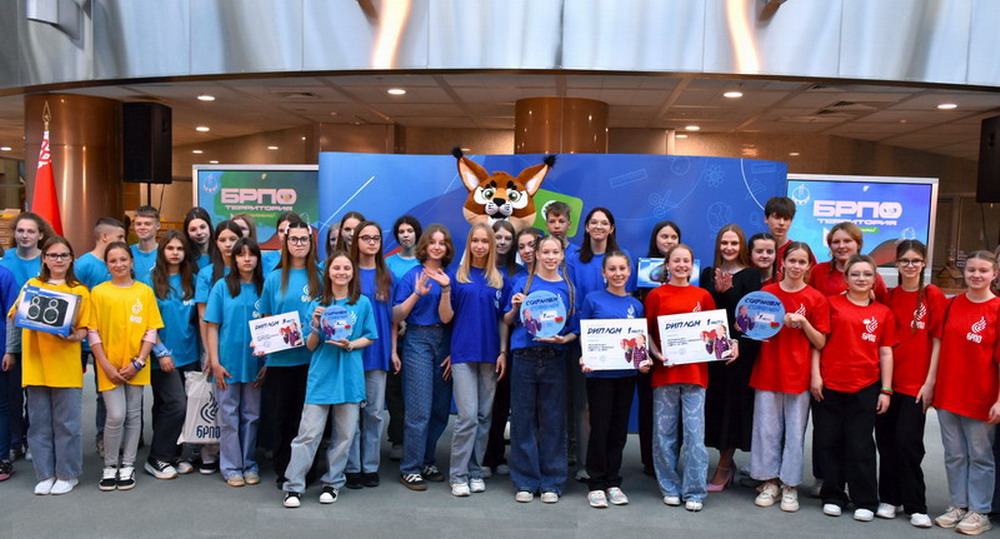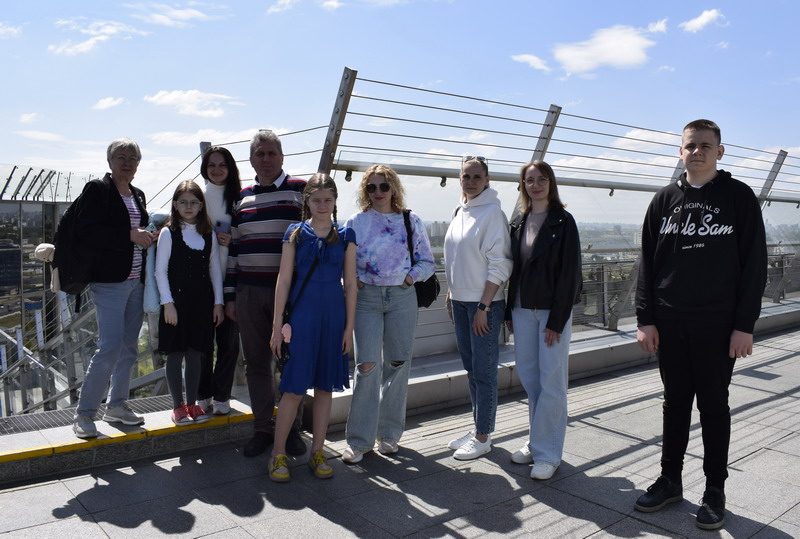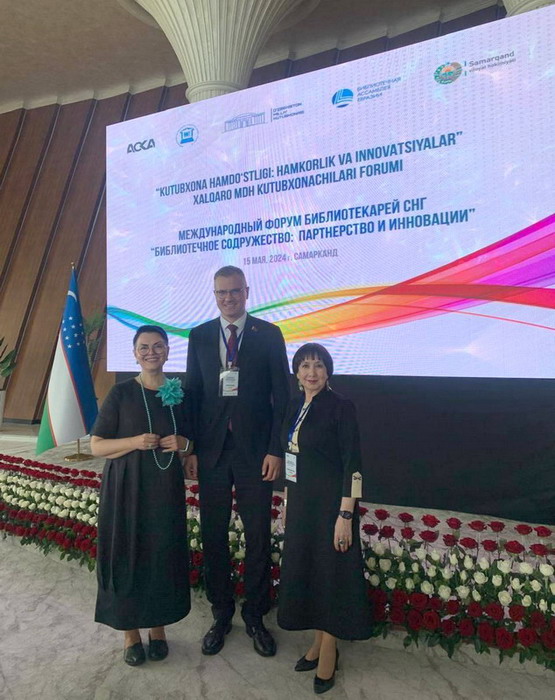From 20 March to 12 May, the exhibition “The singer of Russia” timed to the 140th anniversary from the birth of Russian composer, pianist and conductor Sergei Rachmaninoff (1873–1943) runs in the Music and audio materials reading room (room 305).
The creative portrait of Sergei Rachmaninoff is often described as that of the “most Russian composer”. This brief characteristic expresses both objective qualities of Sergei Rachmaninoff’s style and the place of his heritage in world music. Rachmaninoff’s creativity became a synthesizing force uniting and alloying the creative principles of the Moscow and the Petersburg schools into a uniform and integral Russian national style. The theme of “Russia and its fate”, characteristic of all Russian art, had found in Rachmaninoff’s works its most distinctive and finished embodiment.
A particular place in the composer’s musical heritage belongs to piano music – 24 preludes, 6 musical moments, 15 etudes-pictures, the known concert Polka A-flat-major, 4 concerts for the piano with orchestra and other compositions. The range of feelings expressed in them is extremely wide: from a soft tranquility to a strong agitation, from a clear pleasure to a gloomy grief. The Second Concert, one of the best creations of Russian realistic art of the early 20th century, is by right considered as the most perfect, harmonious and integral work of Sergei Rachmaninoff.
The composer’s beautiful romances (more than 80) are based on the verses of many Russian poets. Among them there are a real masterpiece of vocal lyrics full of Pushkin’s passionate feeling “Ne poj, krasavica, pri mne" / “Do not sing, my beauty”, a vital "Vesennie vody" / “Spring waters” based on Fyodor Tyutchev’s lyrics, a sample of love lyrics "V molchan’ji nochi tajnoj" / "In the silence of the secret night" based on the verses of Afanasy Fet and many other.
Sergei Rachmaninoff ‘s talent for melodies manifests extraordinary brightly in the song “Vocalize” (1915) which connects a typical Russian melodiousness with a strict rhythmic ostinato of the baroque aria. His most significant chamber music works are “The Elegiac Trio. In memory of Tchaikovsky” (1893) and the Sonata for the cello and the piano (1901). The composer is the author of operas “Francesca da Rimini” (1904, based on Dante’s Divine Comedy”), “Aleko” and “The Miserly Knight” (1892, 1904 based on A. Pushkin’s poems).
Christian motives in Rachmaninoff ‘s works are very important. A sincere believer, he made an outstanding contribution to the development of Russian sacred music: “The Liturgy of St John Chrysostom” (1910), “The All-Night Vigil”(1916) and embodied Christian ideas and symbols in other works.
The exhibition presents claviers and scores of operas “Aleko”, “The Miserly Knight”, “Francesca da Rimini”, a symphonic poem “Island of the Dead” (1909), cantata “Spring” (1902), music for the piano (concerts, preludes, sonatas, pieces), vocal music (over 80 romances for soprano, alto and bass and piano), selected choirs, and also audio records of Sergei Rachmaninoff ‘s works performed by the author and other outstanding musicians: D. Alekseev, M. Voskresensky, M. Rostropovich. E. Svetlanov, V. Fedoseev, L. Kolgan. The exposition also includes articles and books about the composer’s creative career.
Contact phone number: (+375 17) 293 27 52.
 |
 |
 |
 |
 |
 |
 |
 |
 |
 |
 |
 |










